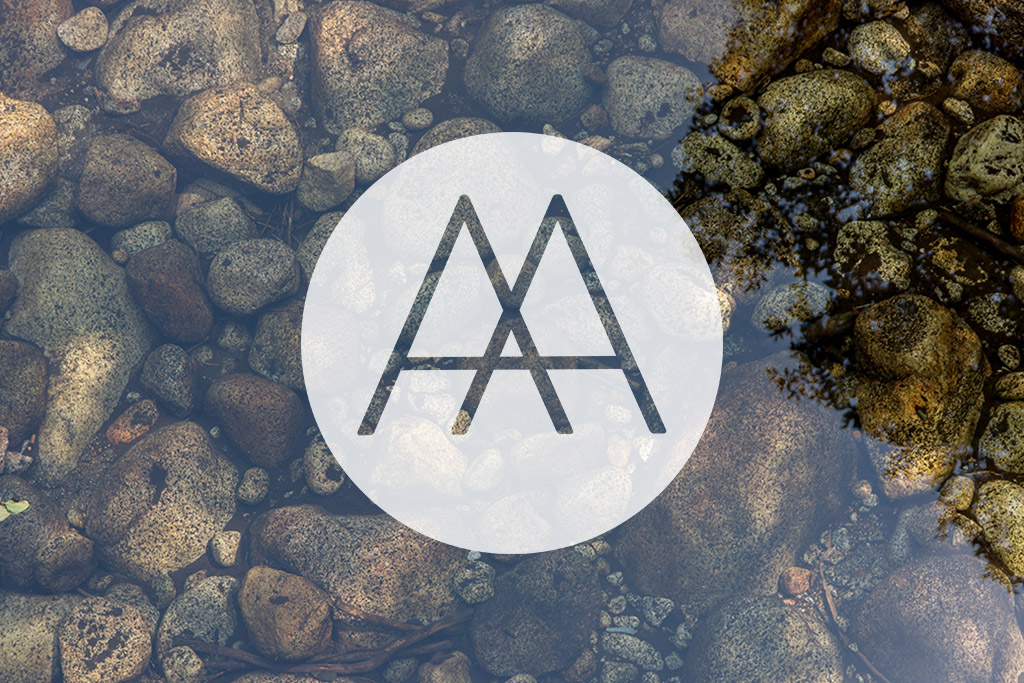
Honing in on quality research
Following on my earlier post about adopting a proactive approach toward research, I isolate at least four skills needed to produce high quality academic work. By high quality I mean research that is needed to succeed in a postgraduate programme (mostly doctoral) and to get published in academic journals. The skills in question include the ability to:
1) Ask better questions: Academic research is built on searching questions. By this I mean that academics will usually, though not always, avoid advocating a single policy or defending a unique position. Instead, they adopt a tone of open exploration that involves the perpetual pursuit of better questions. What is clear from top level journals is that researchers ask and investigate questions not simply to achieve answers but to discover better questions.
2) Critique with evidence: Academics pursue critical examination above all else. Critical examination, like quality research, requires evidence and takes time. Here, too, academic activity is distinct from that of non-academics. A manager, for example, often makes decisions absent the necessary data. To a manager, action, speed, and efficiency are valued above understanding, precision, and effectiveness. In contrast, an academic treats position as irrelevant. What matters is not the conclusion they reach but the quality of the evidence upon which their examination rests. Academics enquire about the validity, reliability and coherence of the evidence and method of analysis. If evidence and method possess these qualities, a conclusion can be deduced and the next question asked.
3) Conceptualise verifiable hypotheses: A hypothesis is essential in structuring an academic research project. It can be framed as a question, as an assertion, as a proposal, or perhaps as something else however, in all instances, a hypothesis is ‘a supposition or proposed explanation made on the basis of limited evidence’ that operates as a useful starting point for further investigation. Hypotheses provide researchers with incentive for the enquiries they make – what do I hope to discover – and will influence the method adopted – how will I carry out the project. Karl Popper, a timeless scientific theorist, encouraged academics to pursue hypotheses that are both ‘imaginative’ and ‘inspirational’. He wished for researchers to push conventional boundaries while always pursuing rigorous methodology. In other words, your hypothesis should reach as far as your vision.
4) Generalise with gusto yet composure: Generalisations are the bread and butter of academic researchers. Without them, our research would have limited value and even less influence. Think of it this way: would you fund research that is relevant to a school, to the schools in a district, or to school children belonging to a specific demographic? Nevertheless, generalisations are also dangerous: the more focused your research, the more accurate your findings are likely to be and vice-versa. To achieve a balance, academic research involves sensible generalisations that are denoted by qualifications or limitations. If circumscribed in a rigorous manner, generalisations possess a treasure trove of potential.
Developing these four skills will help you produce high quality research of the variety that is expected in doctoral programmes and by journal editors.




